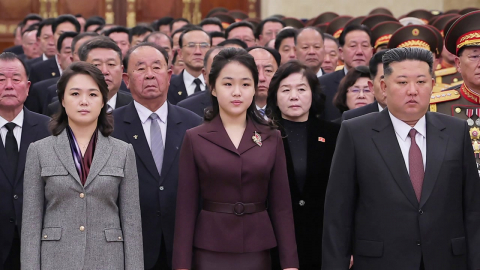-
속보 법원, 윤석열 전 대통령 추가 구속영장 발부

-
법원, 윤석열 전 대통령 추가 구속영장 발부 법원, 일반이적 윤석열 영장 발부…"증거인멸 우려" ▷ 자세한 뉴스 곧 이어집니다. ※ ’당신의 제보가 뉴스가 됩니다’ [카카오톡] YTN 검색해 채널 추가 [전화] 02-398-8585 [메일] social@ytn.co.kr
-
경찰, ’강선우 1억 수수 의혹’ 김태우 고발인 조사
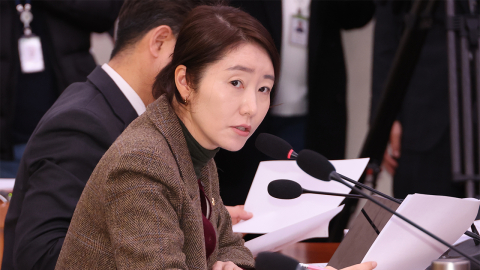
-
경찰이 더불어민주당에서 제명된 강선우 의원의 1억 원 수수 의혹과 관련해 잇따라 고발인 조사를 벌입니다. 서울청 공공범죄수사대는 정치자금법 위반 등 혐의로 강 의원과 김병기 전 원내대표를 고발한 김태우 전 강서구청장에게 오는 6일 오후 2시 고발인 신분으로 불렀습니다. 지난달 29일 고발을 접수한 뒤 8일 만으로, 경찰은 하루 전인 5일에는 관련 의혹으로 강 의원을 고발한 정의당 이상욱 강서구위원장을 불러 조사할 계획입니다. 강 의원은 지난 2022년 지방선거 공천 과정에서 당시 예비후보였던 김경 서울시의원으로부터 보좌관을 거쳐 1억 원을 전달받은 의혹을 받아 민주당에서 제명됐습니다. 강 의원은 이 문제를 당시 공천관리위원회 간사였던 김병기 전 원내대표와 상의했는데, 이후 김경 시의원이 공천돼 당선된 사실이 알려져 논란을 빚고 있습니다. ※ ’당신의 제보가 뉴스가 됩니다’ [카카오톡] YTN 검색해 채널 추가 [전화] 02-398-8585 [메일] social@ytn.co.kr
-
검찰, ’서해 공무원 피격’ 서훈·김홍희만 항소
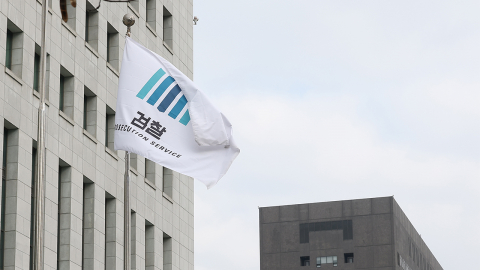
-
1심에서 전부 무죄가 선고된 서해 공무원 피격 사건과 관련해 검찰이 일부에 대해서만 항소를 제기하기로 했습니다. 서울중앙지검은 서훈 전 국가안보실장과 김홍희 전 해경청장에 대해서만 항소하기로 했다고 밝혔습니다. 항소 대상에는 월북 여부가 불분명한 상황에서 자진 월북한 것으로 오인될 수 있는 수사 결과를 발표해 숨진 공무원의 명예를 훼손한 부분 등이 포함됐습니다. 검찰은 그러나 박지원 전 국정원장과 서욱 전 국방부 장관, 노은채 전 국정원장 비서실장에 대해서는 항소를 제기하지 않기로 했습니다. 검찰은 1심 무죄 판결에 대해 증거관계와 관련 법리를 면밀히 검토하고 대검과 협의를 거쳐 결정했다고 설명했습니다. ※ ’당신의 제보가 뉴스가 됩니다’ [카카오톡] YTN 검색해 채널 추가 [전화] 02-398-8585 [메일] social@ytn.co.kr





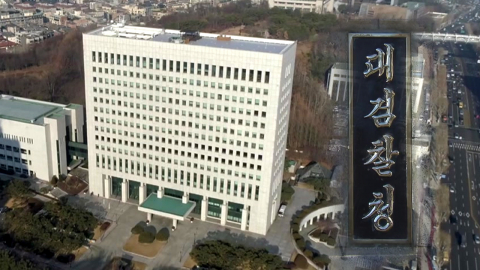
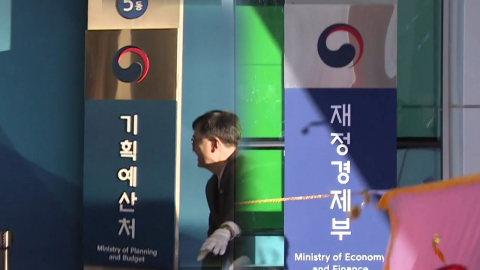


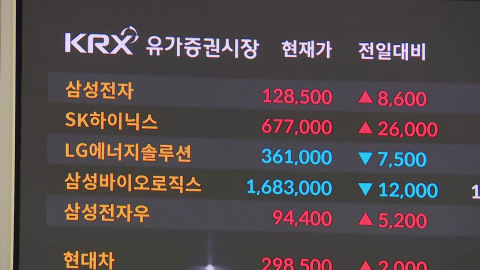






![얼어붙은 '사랑의 온도탑'…가수 션 "전액 기부" [앵커리포트]](https://image.ytn.co.kr/general/jpg/2026/0102/202601021655141157_h.jpg)
![살 빼려면 한 달 감금?…중국 '다이어트 캠프' 화제 [앵커리포트]](https://image.ytn.co.kr/general/jpg/2026/0102/202601021657193787_h.jpg)
